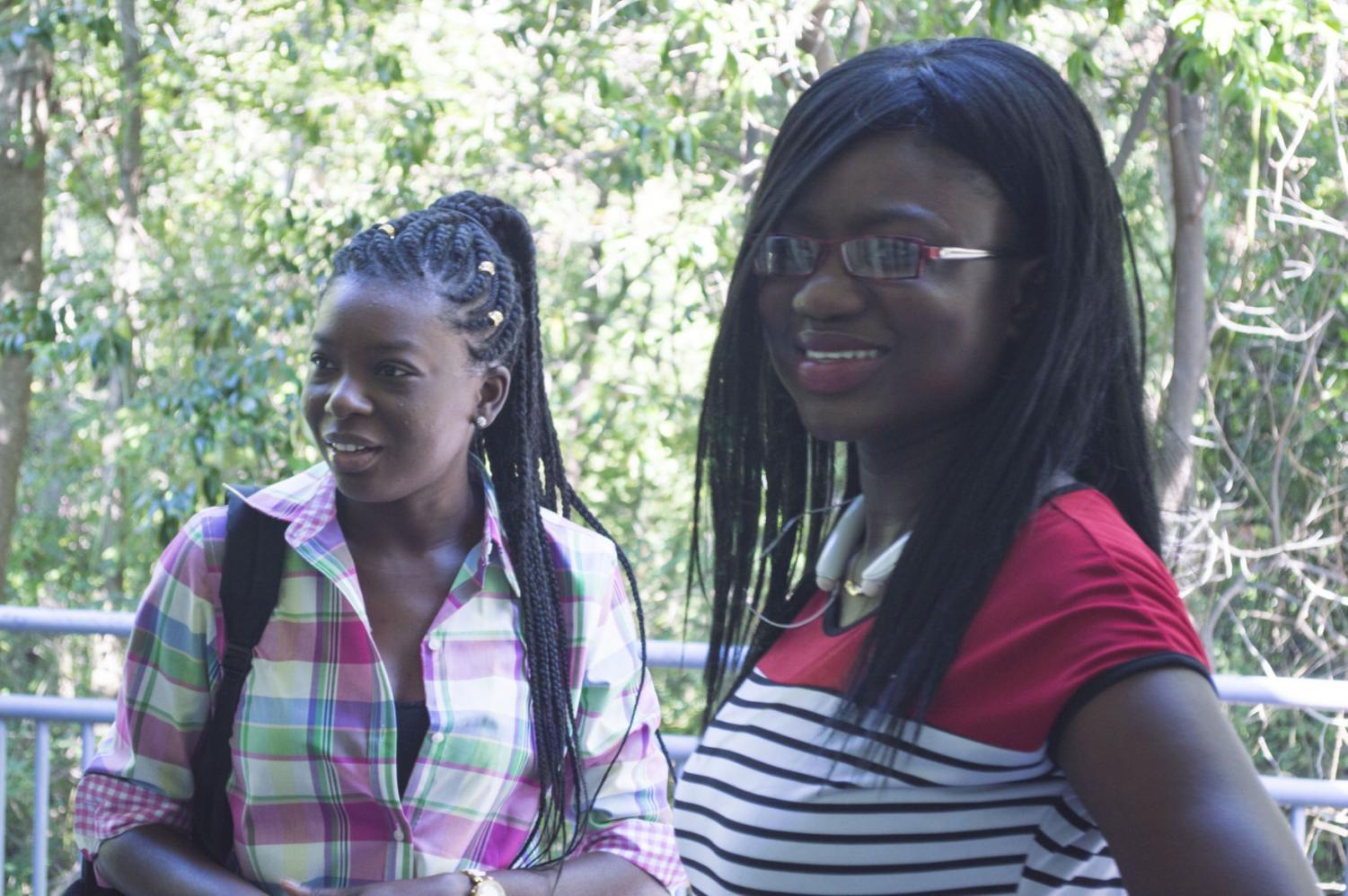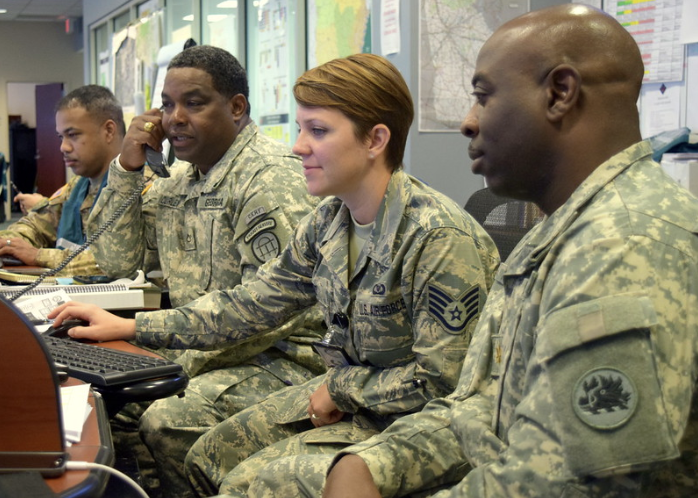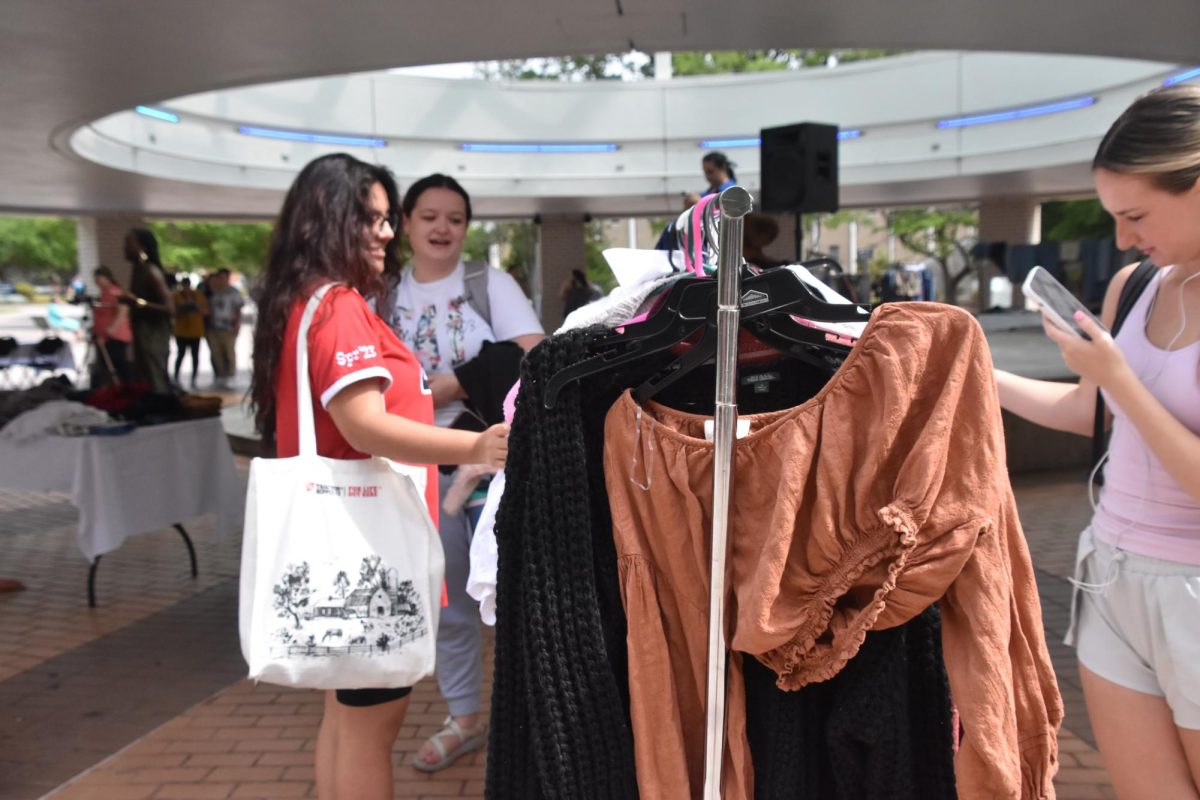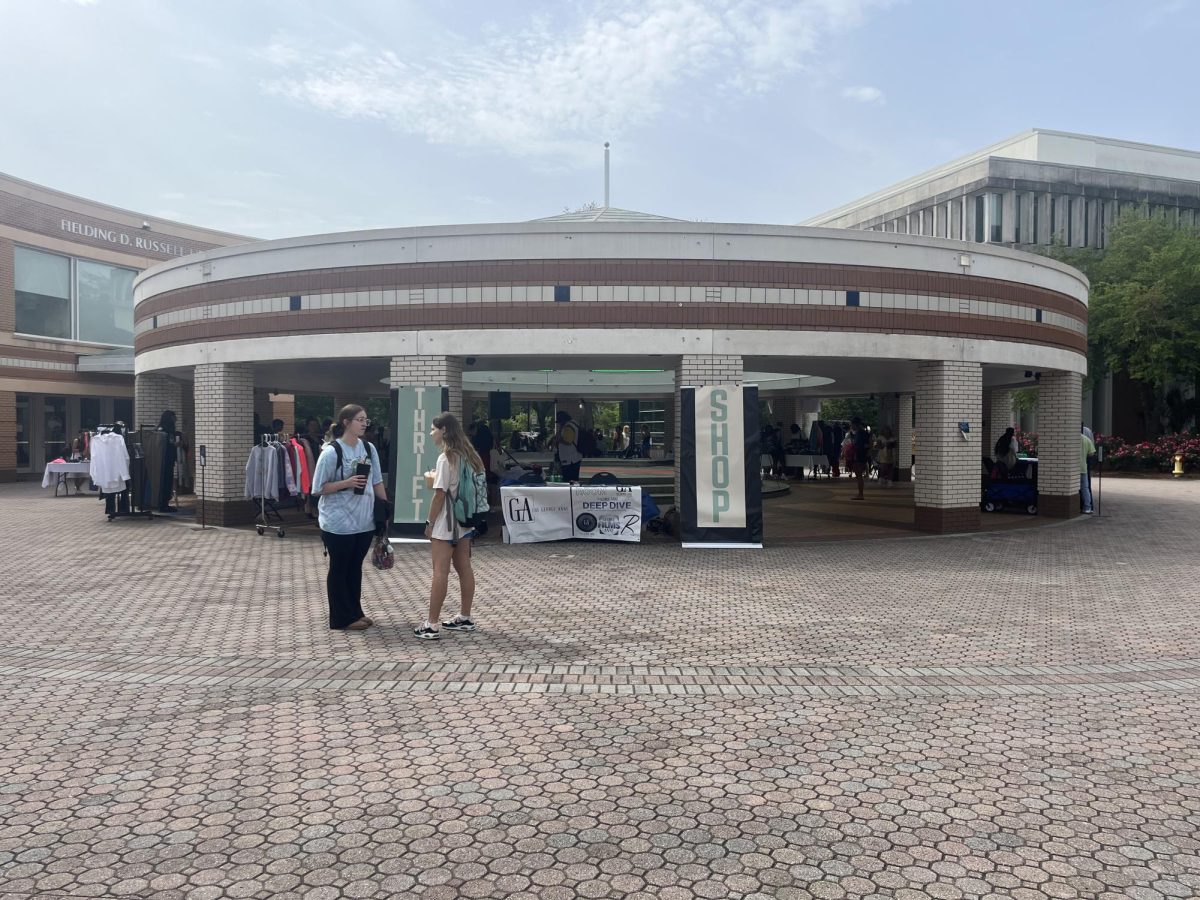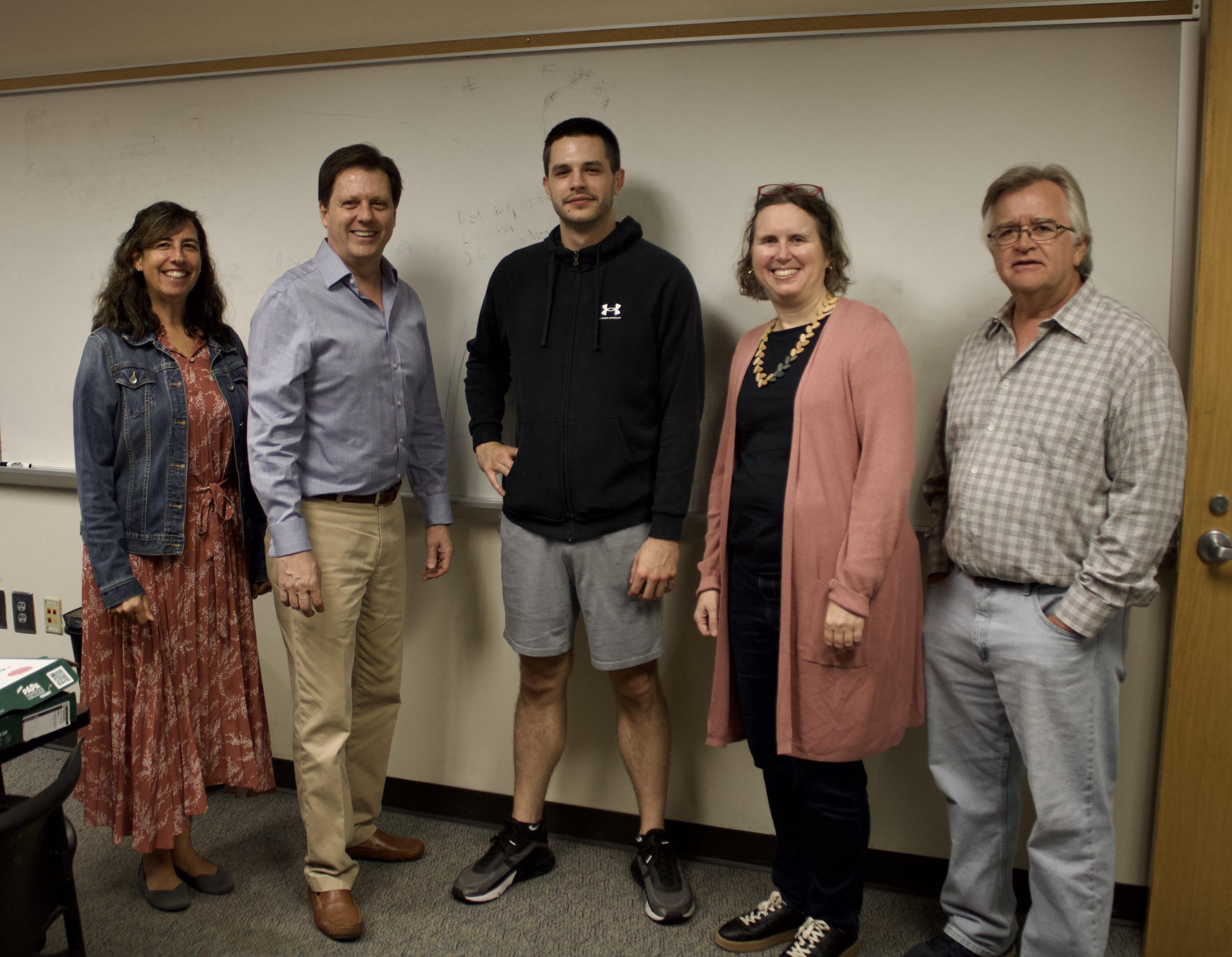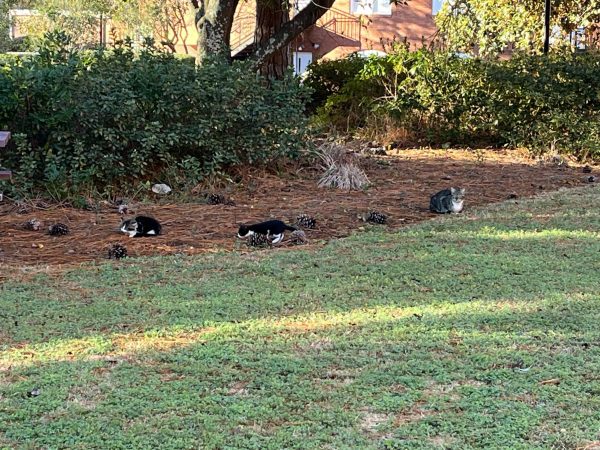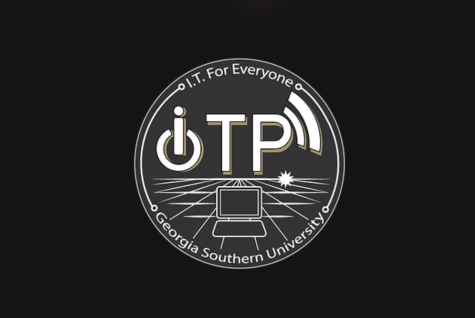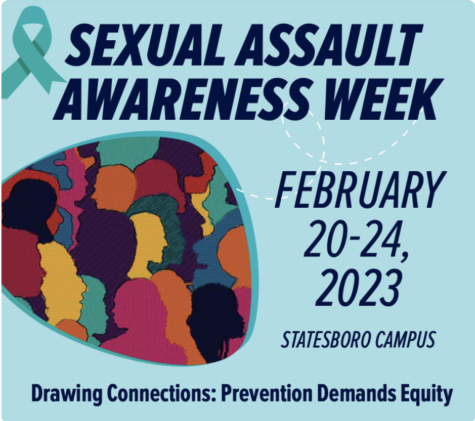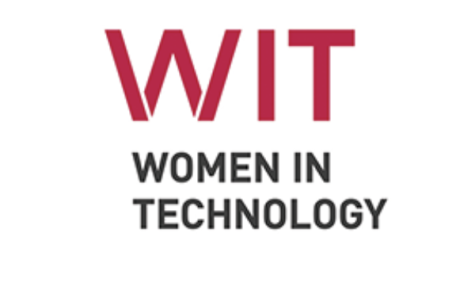A Tale of Two Countries
August 25, 2016
Burkina Faso, a small, landlocked country in West Africa, may seem an unexpected place to recruit students for Georgia Southern University. However, GS is among the top five universities in the United States that enroll Burkinabe students, according to Education USA.
The tale of why these students chose GS, why they stayed and what they have learned from being at GS spans 10 years. The journey begins with a newly hired admissions recruiter.
Setting the foundation
Ron Jones was hired as the international recruiter for the university’s Office of Admissions in 2006. He was responsible for increasing the enrollment of international students.
“In 2008, I received a phone call from Savannah Technical College and it was the Director of Career Services. And she said, ‘I have this fantastic student here at Savannah Tech. He’s completed our associate’s program. He needs to move on, but he doesn’t really know the process,'” Jones said.
The day after Jones received that phone call, he went to Savannah Tech to meet the student. This student was Ahmed Kabore, a native of Burkina Faso.
The recruiter enrolled Kabore and four other Burkinabe students later in 2008. These five students began communicating with other Burkinabe students and parents, bringing 14 more to GS in 2009.
Kabore graduated in 2011 with a bachelor’s degree in health education. That same year, Jones hired him as a graduate assistant, while he was working toward a master’s degree in public health.
Two years later, Kabore and Jones travelled to Burkina Faso’s capital, Ouagadougou, to recruit more GS students. Kabore returned to Ouagadougou in 2014 and spoke about GS at a local high school.
The journey begins
Sophomore civil engineering and math major Sandra Yankine attended that high school. She and Kabore maintained contact after he visited her high school. Later that year, he influenced her to come to GS.
Originally, though, Georgia Southern University, and even America, was not Yankine’s first choice.
“I was trying to go to Canada, and I didn’t get the visa, so I just decided to come to the United States,” Yankine said.
Yankine first applied to the University of Houston. However, Kabore talked to her and made her change her mind and come to GS instead.
When Yankine arrived at the university, she was accepted into the EIP program and did that for six months before starting classes full time.
Cultural Conundrums
Though there are many nuances between the American and Burkinabe cultures, there are also many similarities.
“It’s just like here. We have planes…fast food…nightclubs. It [a nightclub] is a similar environment, but with different music. For us, it’s more like afro-beats,” Yankine said.
Burkinabe night clubs play a mix of both American and afro-beats music. Afro-beats music is African music that draws influence from music including jazz, funk, Nigerian and Ivorian (Ivory Coast) music.
Yankine and her Burkinabe friend, Laurence Toe, a junior public health major, have noticed several stereotypes about American culture while at GS.
“When someone asks me where I’m from and I say Africa, I can have a conversation with you when you ask me where in Africa. Then I know that you know that Africa is not a country,” Toe said.
Yankine started to interest herself in America and educate herself about its culture, including the stereotypes.
“That’s why I don’t blame people when they say Africa is just desert and anger and stuff like that. We have also heard stereotypes about America,” Yankine added.
The Next Steps
Ahmed Kabore earned his doctorate degree in public health with a concentration in community health and education in Spring 2016. Afterwards, Kabore returned to Burkina Faso.
“He’s the one who really mentored these younger students that were coming behind him. He worked with their families. For the families, he provided this comfort to know that there was a Burkina student here who understood where they were coming from, and he could serve as someone to watch after these other students,” Jones said.
Laurence Toe wants to return to Burkina Faso after graduating from GS.
“The field I’m working in, public health, is a major you can work everywhere in the world with. My country needs a development of public health more than ever,” Toe said.
Yankine chose her major based on Burkina Faso, because the country has more jobs available for civil engineers and construction workers. Whether or not Yankine stays in the United States depends on where she gets more opportunities for work, she said.
According to Jones, it is a misconception that all international students want to come, study and take up permanent residence in the United States.
“What they [international students] want to do is come here, have this experience and then return to their home countries to help them,” Jones said.
Georgia Southern University has students from 89 nations including the United States attending the university as of Spring 2016, according to a report from GS’ Office of Strategic Research and Analysis.
Jones said, “College is about developing yourself as a person. Part of that is meeting people who are different than yourself whether it’s someone from a small town in Georgia, Atlanta, or from Zimbabwe.”
Photo courtesy of Mick Miller.

